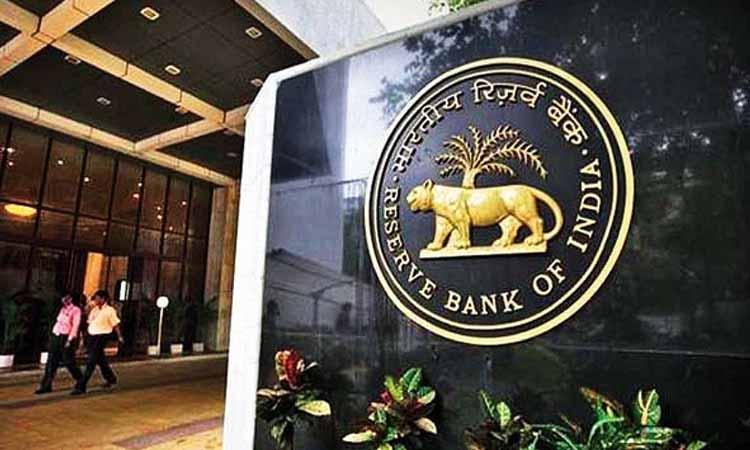In a significant development, the Reserve Bank of India (RBI) has said that it is planning to introduce Digital Currency in India through the Central Bank Digital Currency (CBDC) in a phase-wise manner. The introduction of CBDC will create an India-centric legal and legitimate form of digital currency that will be on par with other already established cryptocurrencies, according to Deputy Governor of RBI T Rabi Sankar. Sankar further said that the central bank is working on a legal framework so that the CBDC can coexist with cash and digital payment methods in India.
Here is all you need to know about the CBCD and RBI's plan for Digital Currency:
1. Much like other currencies that already exists in our current system, CBCD is a form of legal tender issued by the RBI. It will carry the same significance as the Indian currency however, it will be completely digitized and its value will depend on different factors.
2. It will be exchangeable in a one-to-one manner of the same currency. However, being a centralised digital currency, it is not a private currency. Unlike its main counterparts Bitcoin and Ethereum, CBCD will be issued and managed by the central bank.
3. Private crypto assets such as those have no legal issuers and they cannot be considered as money or currency, whereas the CBDC can be.
4. "CBDC will be in the arsenal of most if not all central banks in the world. Setting this up will require careful calibration and a nuanced approach in implementation. Drawing board considerations and stakeholder consultations are important.” Sankar said.
5. T Rabi Sankar had said that the RBI is looking to legitimise the use of digital currency in India with the introduction of CBCD. However, it will require some modification and amendments to the already existing laws.
6. Amendments would need to be made to several existing legal outlines and sections such as sections 24, 25 and 26 of the RBI Act as well as to the Coinage Act of 2011.
7. Generally, countries have implemented specific-purpose CBDCs in the wholesale and retail segments. Going forward, after studying the impact of these models, the launch of general-purpose CBDCs shall be evaluated.
8. RBI is currently working towards a phased implementation strategy and examining use cases that could be implemented with little or no disruption to India’s banking or monetary systems, Sankar said in a statement.
9. Cryptocurrencies such as Bitcoin does not necessarily fit into the RBI’s definition of a legitimate ‘currency’. T Rabi Sankar said in a statement. With this fact in mind, RBI and other central banks in the world are looking to introduce CBCD as an alternative to the volatile nature of the already existing cryptocurrencies in the world. This will help minimise risk and regulate the currency.
10. Sankar cited a study by the Bank of International Settlements (BIS), saying that 86 per cent of central banks in the world are researching CBDC. He added that 60 per cent are currently experimenting with it while 14% of central banks are in the pilot testing phase with CBDC.


















